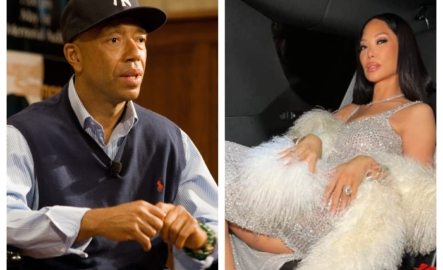Having taken both historical and judicial notice of Abdelmalek Alaoui’s warning, “2016 Risks Becoming The Year Of Dangers For Africa,” which was published in a recent edition of Forbes Magazine, I want to say without any fear of contradiction that such a warning is either slightly misplaced and somewhat alarmist or both.
The Africa of 2016 is a continent on the rise, a continent of hope, limitless opportunities, great promise and above all, a continent widely perceived as a new global growth region.
Abdelmalek started his article on a somber note, referring to news from Africa over the past month, which he described as negative and leaving a bad taste in the mouth. But he shocked me to my marrow in the second paragraph, where he claimed that such negative reports amounted to a tip of the iceberg for Africa.
Stating that the “amount of privately held debt of African nations which exceeded the amount of publicly held debt since 2011,” he proceeded to argue that reports on private debts hanging over the head of African nations was far more important than the negative news about terrorist attacks in Ivory Coast and Mali or low election turnout in Niger, Benin and Congo.
How true is that? Your guess is as good as mine.
Abdelmalek’s article, in my candid opinion, is merely symptomatic of the already established mental images that most readily spring to mind whenever Africa is in the news, especially in the way it has always been showcased.
It also reminds me of Henning Mankell, who once warned:
“If we take our cue from the images in the mass media, then too often we learn everything about how an African dies, but nothing about how he lives.”
It equally evokes what journalist Veye Tata alluded to when he said:
“The unspectacular, everyday lives of Africans seldom find their way into reporting; the ‘helpful’ West is always the active protagonist, while the Africans are generally the passive recipients of aid.”
As a student of history, I want to begin by wholeheartedly admitting that Africa is an enigma, a paradox and a very complex and convoluted continent of contrast with extremes everywhere: poverty versus affluence, misery versus opportunity, environmental degradation versus pure, natural beauty.
Africa has something for everyone to write about – just as Abdelmalek has done in his opinion piece – correctly or wrongly, depending on who is writing and from what perspective. There is nothing wrong with looking at Africa differently; after all, it is normal for some to say the cup is half-empty while others insist that the cup is half-full.










